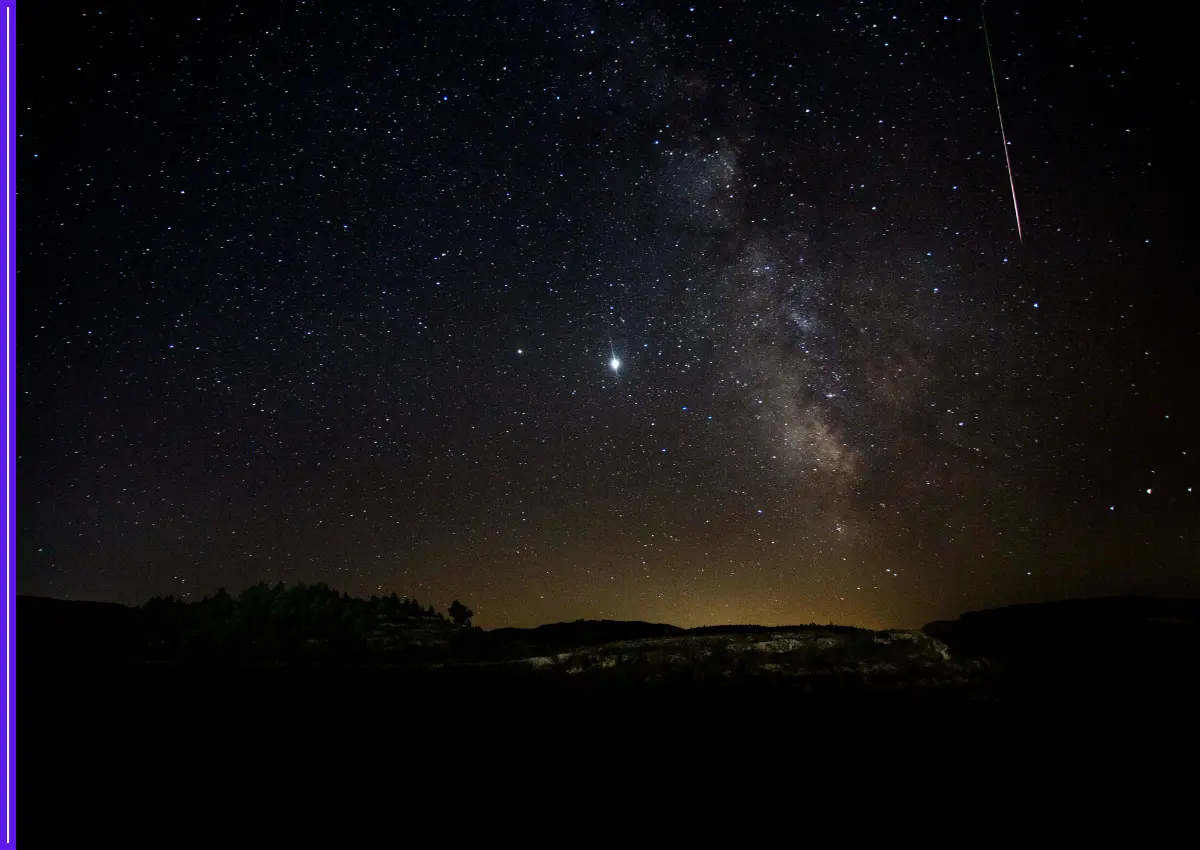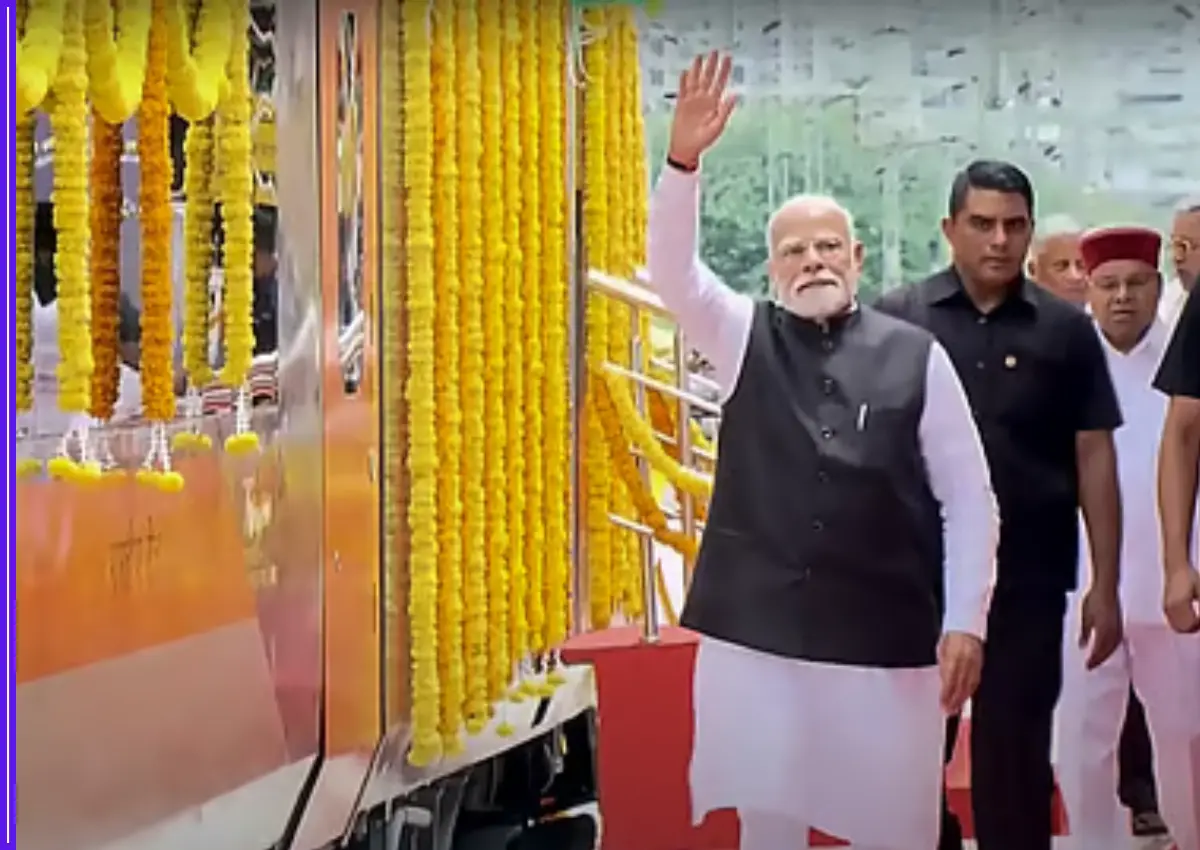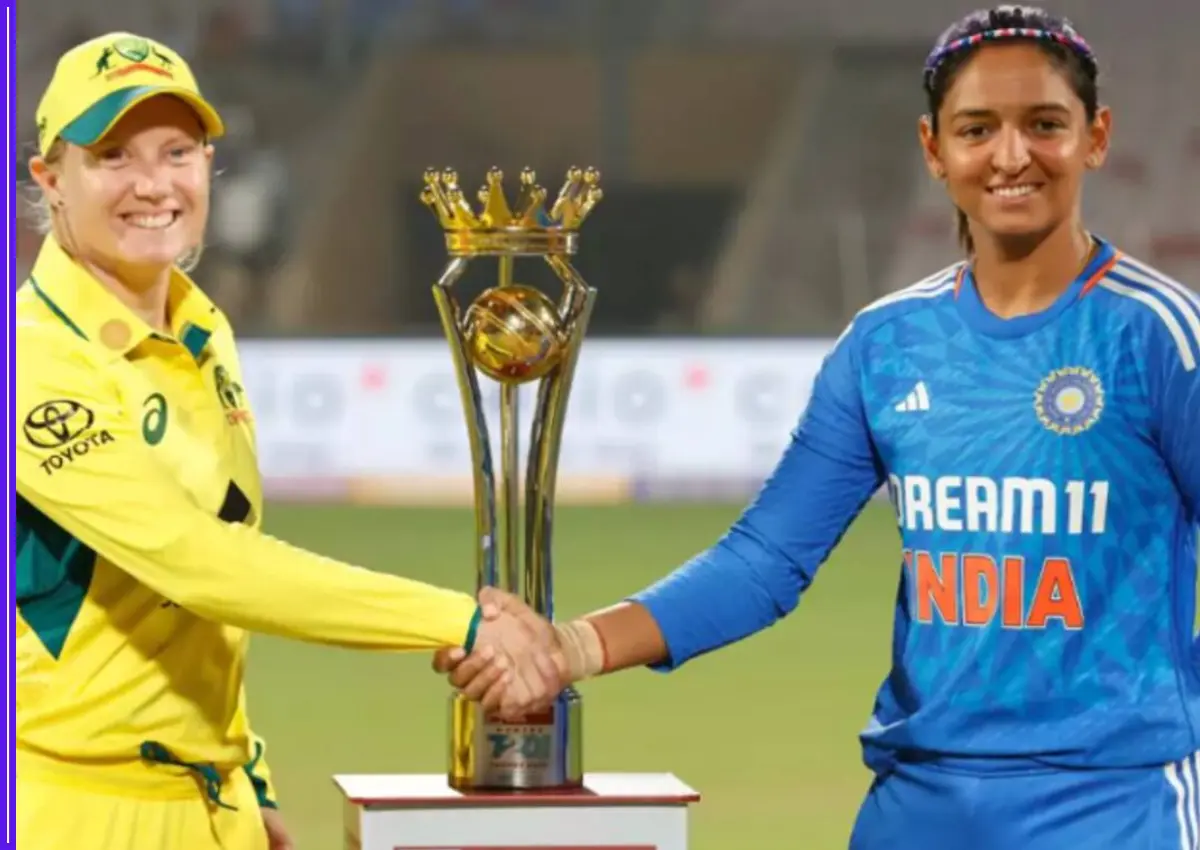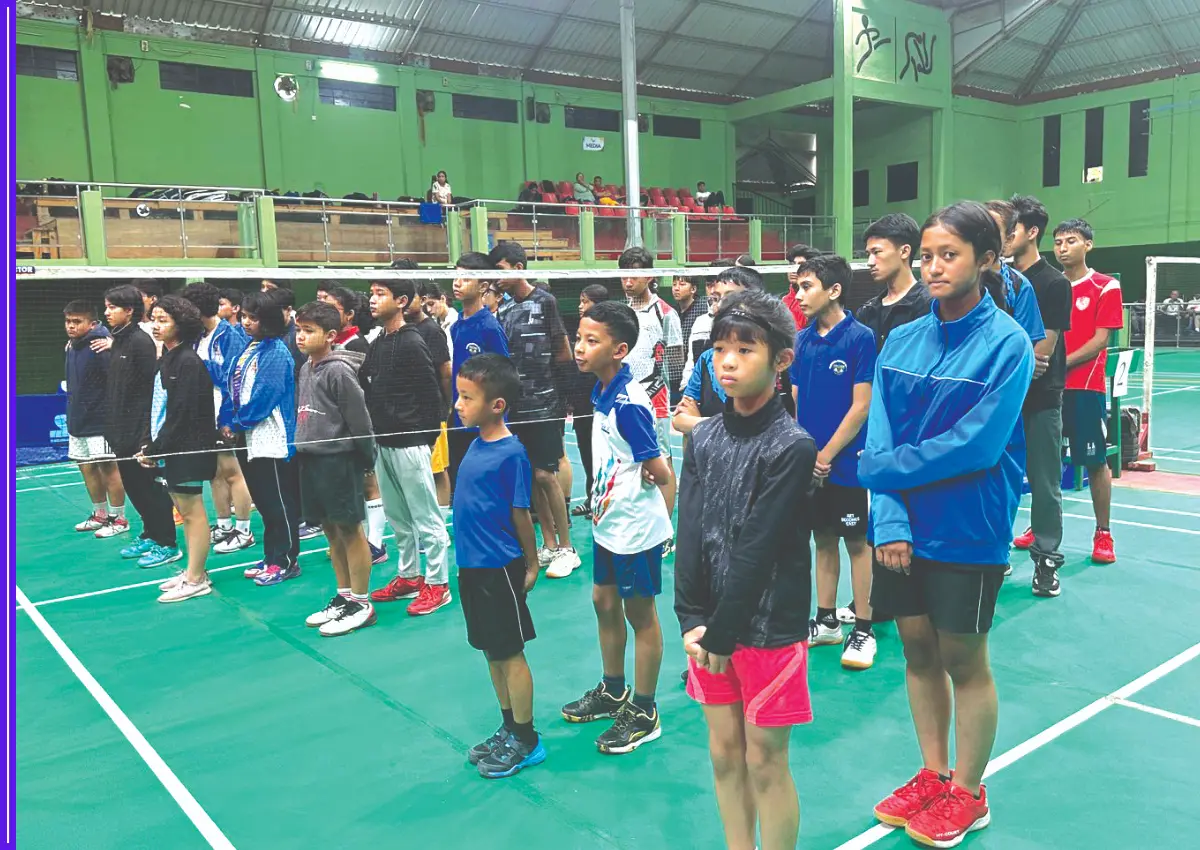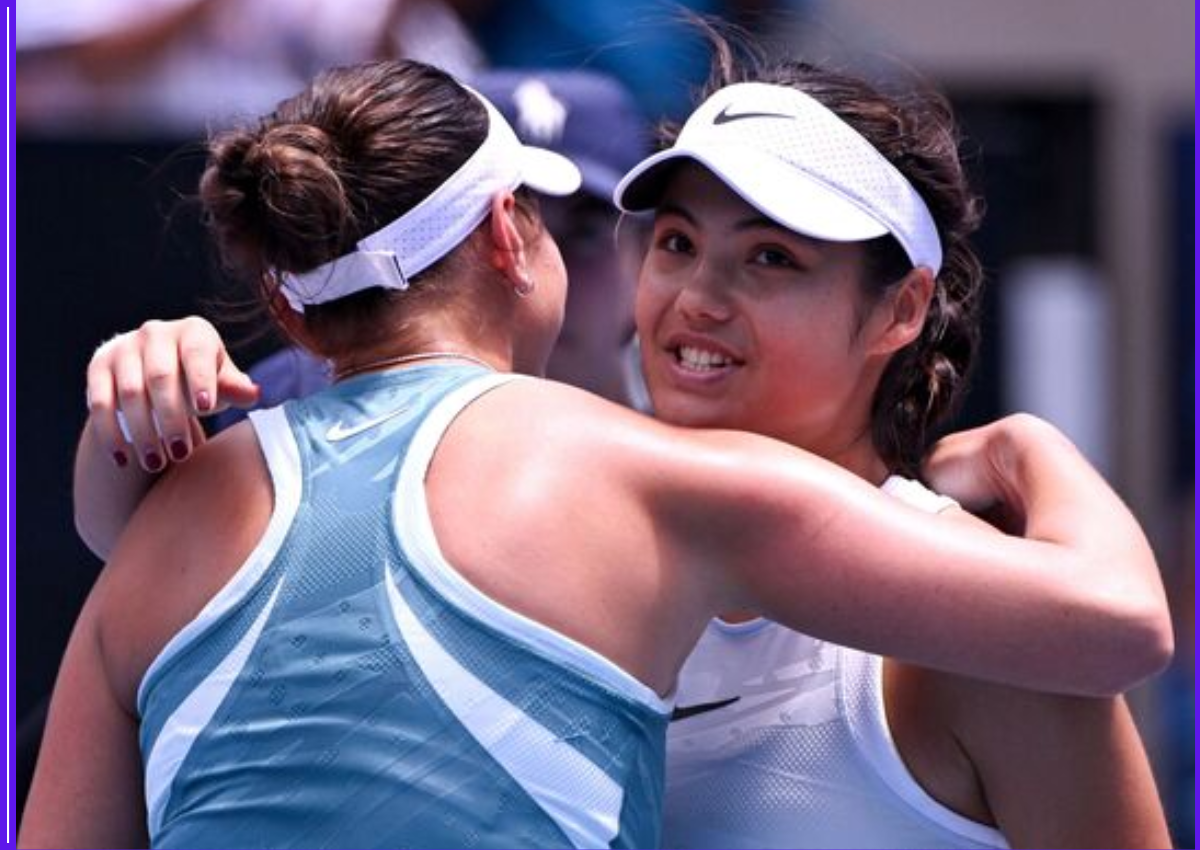The UN political chief, who will preside over the first meeting between Afghanistan’s Taliban rulers and envoys from approximately 25 countries, responded to accusations that Afghan women had been excluded by stressing Wednesday that women’s rights will be discussed at every session. Undersecretary-General Rosemary DiCarlo told a small group of reporters that the two-day meeting beginning Sunday is an initial engagement aimed at initiating a step-by-step process with the goal of seeing the Taliban “at peace with itself and its neighbours and adhering to international law,” the UN Charter, and human rights.

This is the third UN meeting with Afghan envoys in Doha, but the first attended by the Taliban. They were not invited to the first and declined to attend the second.
According to DiCarlo, other delegates include envoys from the European Union, the Organisation of Islamic Cooperation, the United States, Russia, China, and numerous of Afghanistan’s neighbours.
The Taliban gained power in Afghanistan in 2021, after US and NATO soldiers left after two decades of conflict. No country officially recognises them as Afghanistan’s government, and the UN has stated that recognition is nearly impossible while female education and employment are still prohibited, and women are not permitted to leave the house without a male guardian.
When DiCarlo met with senior Taliban officials in Kabul in May, she stated unequivocally that the international community is concerned about four issues: the lack of an inclusive government, the violation of human rights, particularly for women and girls, and the need to combat terrorism and the narcotics trade.
“The issue of inclusive governance, women’s rights, human rights writ large, will be a part of every single session,” she informed the crowd. “This is important, and we will hear it again and again, I’m sure from quite a number of us.”
Human Rights Watch and Amnesty International chastised the United Nations for failing to include Afghan women and civil society groups in talks with the Taliban. DiCarlo referred to the encounter as a process. “This is not an inter-Afghan dialogue,” she clarified. “I would hope we could get to that someday, but we’re not there.”
The Taliban’s foreign ministry reaffirmed their concerns on Tuesday, including limits on Afghanistan’s financial and banking systems, private sector development, and counter-drug trafficking efforts. DiCarlo stated that they also raised Afghanistan’s vulnerability to climate change.
She stated that discussions on the first day of the Doha meeting on Sunday will centre on how the world will interact with the Taliban to accomplish the goals of peace and adherence to international law and human rights.
The assessment proposes a step-by-step process in which one side responds to actions performed by the other.
On the second day, the participants will talk about the private sector, including getting more women into the workforce through microfinance programs, as well as anti-narcotics efforts including alternative livelihoods and drug addiction assistance, she said.
“Hopefully, it will achieve some progress, but it will be slow,” says DiCarlo.
She emphasised that the conference is not about the Taliban and does not constitute acknowledgement of Afghan leadership as the country’s recognized administration. “That’s not in the cards,” she stated.
Prior to the conference, the UN political chief met with the Afghan diaspora. Following the meeting on Tuesday, she stated that the UN and envoys will meet with civil society groups, particularly women, and commercial sector representatives primarily based in Afghanistan.


